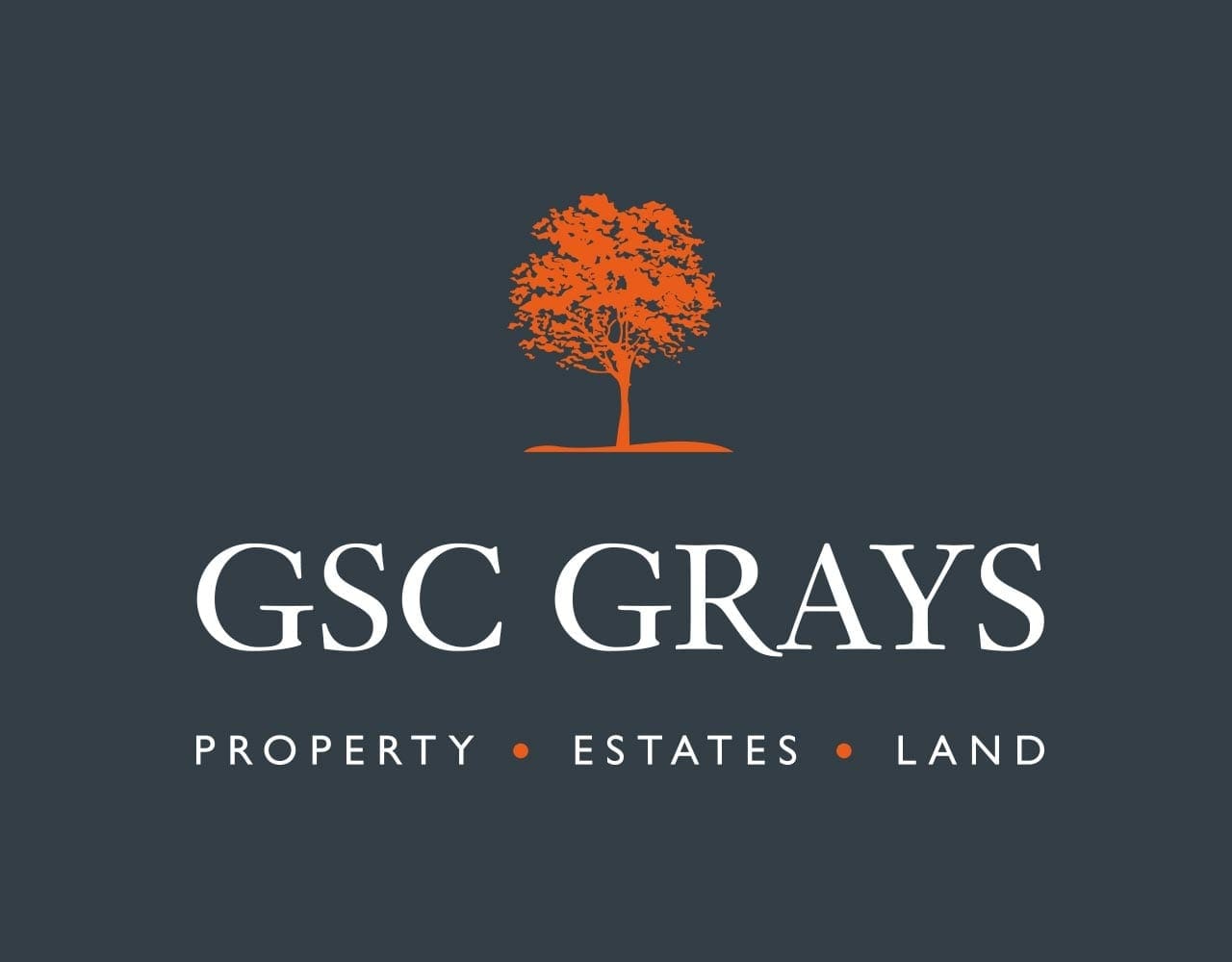Contact our offices
Main office
COLBURN
5 & 6 BAILEY COURT
COLBURN BUSINESS PARK
RICHMOND
NORTH YORKSHIRE
DL9 4QL
Estate Agency Offices are located in
BARNARD CASTLE, BOROUGHBRIDGE & RICHMOND
Residential Management Team
Our Offices
- Alnwick
01665 568310
Email Officealnwick@gscgrays.co.uk - Barnard Castle
01833 637000
Email Officebarnardcastle@gscgrays.co.uk - Boroughbridge
01423 590500
Email Officeboroughbridge@gscgrays.co.uk - Chester-Le-Street
0191 3039540
Email Officechester-le-street@gscgrays.co.uk - Colburn
01748 897630
Email Officecolburn@gscgrays.co.uk - Driffield
01377 337180
Email Officedriffield@gscgrays.co.uk - Hamsterley
01388 487000
Email Officehamsterley@gscgrays.co.uk - Hexham
01434 611565
Email Officehexham@gscgrays.co.uk - Kirkby Lonsdale
01524 880320
Email Officekirkbylonsdale@gscgrays.co.uk - Penrith
01768 597005
Email Officepenrith@gscgrays.co.uk

Valuation – Art or Science?
Qualified Surveyors/Registered Valuers (FRICS/MRICS) are guided by the current edition of the RICS Valuation – Professional Standards (Red Book, January 2014), which gives in depth explanations of differing valuation types, valuation approaches and the basis of valuation as well as stipulating the behaviour, competence and service procedures to be adhered to.
Valuations play an important role in both property transactions and property ownership and can add value, provide comfort and reassurance on acquisition/disposal and potentially provide benefit from a monetary and taxation perspective.
In undertaking a valuation the initial question to be asked is what is required to be valued, for what purpose and at what date? The valuation approach to be adopted assuming there is no conflict of interest will be dependent on the specific circumstances of the client and the property in question.
Basis of Valuation
Market Value is the most commonly used basis of valuation and is defined within VPS of the RICS Valuation – Professional Standards as “the estimated amount for which a property should exchange on the date of valuation between a willing buyer and a willing seller in an arm’s length transaction after proper marketing wherein the parties had each acted knowledgeably, prudently and without compulsion”. Market Value is used for loan security, acquisition and disposal purposes and is sometimes referred to as a “bricks and mortar” valuation.
Market Rent is defined as the estimated amount for which a property or space within a property should lease (let) on the date of valuation between a willing lessor and willing lessee on appropriate lease terms in an arm’s length transaction after proper marketing wherein the parties had acted knowledgeably, prudently and without compulsion.
Worth & Investment Value is the value of property to a particular owner, investor, or class of investors for identified investment or operational objectives.
Fair Value is the amount for which an asset could be exchanged between knowledgeable, willing parties, in an arm’s length transaction.
Valuations can be required for a myriad of reasons but the most common include:-
1. Loan Security/Mortgage
2. Taxation (Inheritance Tax/Capital Gains Tax)
3. Charities Act
4. Acquisition/Disposal
5. Expert Witness (Financial Proceedings, Disputes, Matrimonial, Negligence)
6. Valuation for Company Account purposes
7. Dilapidations/End of lease repairs
Method of Valuation
In practice there are several methods of valuation depending on the property and the circumstances.
Comparison Method
Evidence of freehold and leasehold transactions and similar properties are analysed, adjusted and applied to the subject property to reflect location, property type/characteristics, floor area/size, use class, specification, age/condition, legal issues, planning restrictions etc.
Investment Method
The investment method is used to value properties which are let and producing an income with values conventionally being a product of rent and yield, Discounted cash flow (DCF) techniques are also frequently used in the appraisal of investment property.
The residual method
The residual method is used to assess development site values and requires calculation of the Gross Development Value (GDV) of a finished site with build/development costs, fees, finance costs and profit element deducted to derive the residual site value.
The profits method
The profits method is conventionally applied to properties whose value is derived from the profitability of the business taking into consideration, turnover, trading performance, efficiency and profitability with the net profit capitalised at an appropriate yield.
The replacement cost method
The replacement cost (or contractor’s) method is used to value properties which do not generally exchange on the open market (eg: churches, schools and other public buildings) and for which comparable evidence does not generally exist. The valuations are based on two components: the depreciated cost of the building element and the market value of the land.
Reinstatement cost assessment
Re-instatement Cost Assessments are used for insurance purposes adopting BCIS and other indices and taking into account demolition/clearance costs and professional fees.
The Market Value (MV) of a property can only truly be tested by putting it on the open market for sale and exposing the property to all potential prospective purchasers. That said marketing a property on the open market can sometimes throw up some anomalies and significant variations in results particularly in a rising market where there is scarcity of supply. Whilst the highest bid may on face value appear the most attractive it may ultimately have unrealistic conditions attached or may be unable to be financed.
Inevitably, due to the subjective nature of valuations it is not uncommon or unusual for there to be differences of plus or minus 10% between valuers with the tolerance levels being even higher for particularly unusual properties or complex valuations where there is a significant lack of comparable evidence.
GSC Grays undertake valuations of Residential Properties, Development Sites, Farms/Estates, Equestrian, Woodland, Commercial Property, Sporting and Renewable projects for a variety of purposes across the North of England and have a dedicated Valuation Department who would be very pleased to assist. Should you have any queries, do not hesitate to contact the Bedale Office on 01677 422400 or acd@gscgrays.co.uk

GSC Grays News
Residential Property Market: Recent Trends and Prospects for the year ahead
Read more







